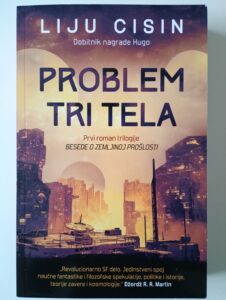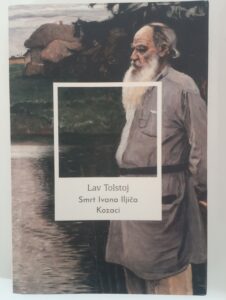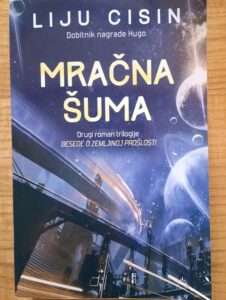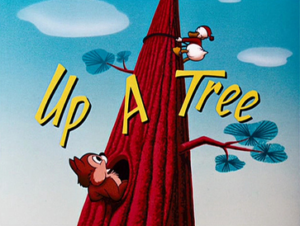The Dark Forest (2008)
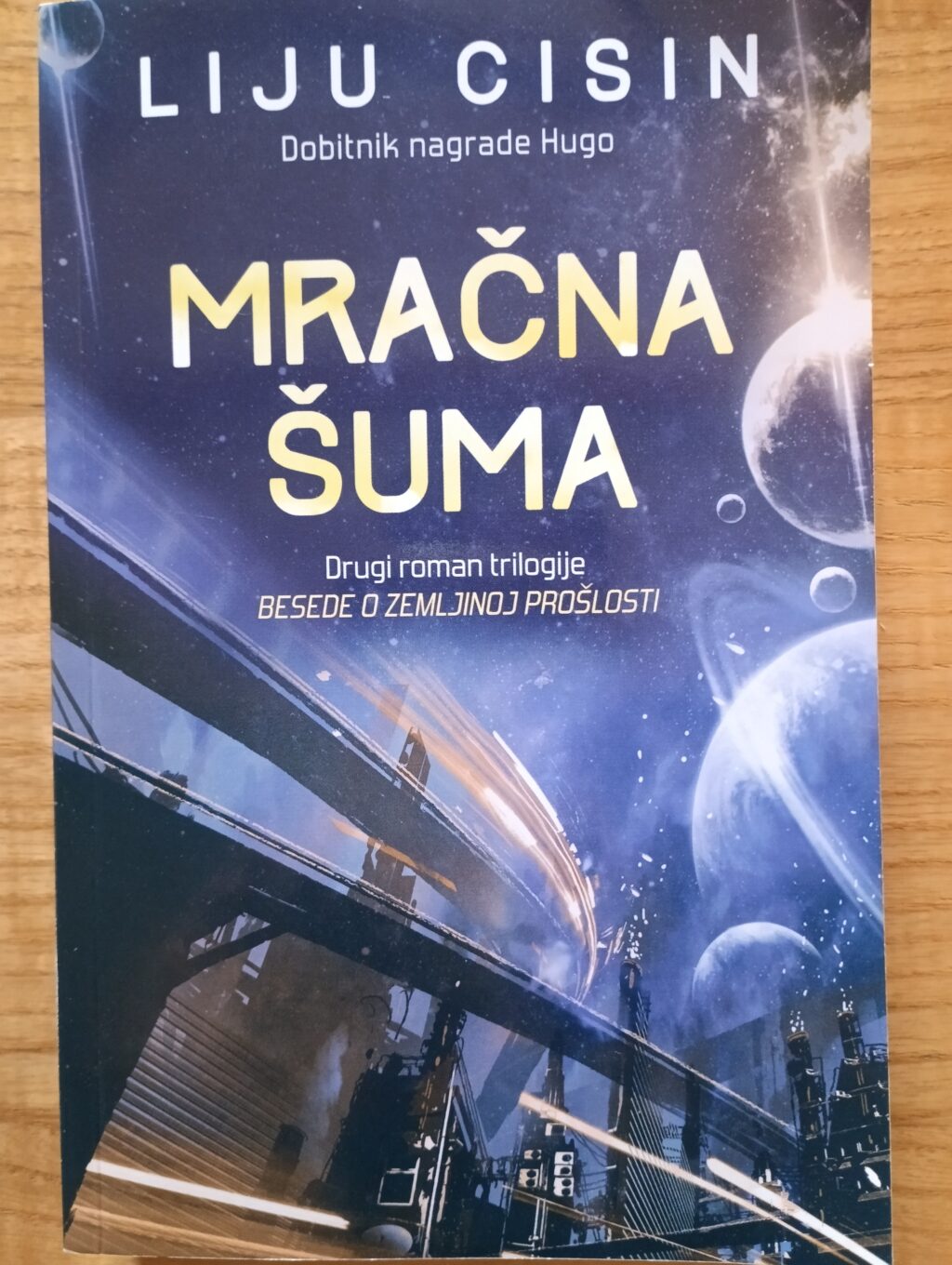
…………………………………………………
The Dark Forest Book Review
The Dark Forest is a 2008 Chinese science fiction novel by Chinese author Liu Cixin. It’s a terrific sequel that is a thrilling and engaging read.
………………………………………………….
“Staying alive is not enough to guarantee survival.
Development is the best way to ensure survival“
…………………………………………………..
…………………………………………………..
The novel revolves around humanity’s attempts to construct a defense against an impending invasion fleet from an alien planet. It explores the dark forest hypothesis (so-named after the novel), a possible solution to the Fermi paradox. This sequel to the iconic first book received a couple of awards and nominations and strong reviews. And all of those were deserved as it’s such a strong sequel that is just as great as its predecessor.
In this novel, gone are the VR game scenes and the Trisolaran point of view in favor of a human POV throughout and a strong emphasis on strategy. I did not miss the former, but I did miss the latter as I wanted to know at more depth what the other side was thinking. But seeing Earth two hundred years in the future was fascinating, especially witnessing all of the technological advancements on display. The hibernation felt highly implausible to me, but everything else was sound and intriguing.
This book is all about the importance of cooperation and strategy when it comes to warfare. As somebody who has always been a realist instead of a pessimist or an optimist, I really appreciated Cixin’s outlook on life – defeatism and hope are both futile, leading to contemplation. We should all instead strive to find out ways to deal with an issue in a clear-headed and reasonable way.
…………………………………………………..
…………………………………………………..
The author also posits that when it comes to pure survival, you cannot really talk about morality as a concept. That goes out of the window when you are just trying to stay alive, which is the case for Trisolarans. I did not love how love factored into the story. It was overly predictable, though I can understand what the author was trying to say, especially in the context of these two very different civilizations. But the romantic subplot in the first third of the novel was unnecessary and just boring. What I liked more was the emphasis on the importance of communication during warfare. The most interesting idea was the one positing that humanity’s worst traits – dishonesty and deception – can be decisive and actually positive tactics employed during a crucial war.
The Dark Forest took a while to get going due to that rather slow and uneventful beginning. But it eventually became brisker, more engaging and more eventful with the second half being a riveting read. The highlight for me was that twist toward the end that saw the entire fleet of human spaceships destroyed in an instant. How Trisolarans flexed their powers during that moment was both cool and intimidating. I was left speechless while reading those horrifying passages that I did know they were coming, but not that they would be so shocking. But the eventual twist that humanity still has a chance was also fascinating and I loved that once again the novel ended on a hopeful note.
The characters fared better this time around, though still the author struggles in this area. People like Zhang Beihai and Manuel Diaz did not get much development, the latter being too over-the-top in a stereotypical fashion. But Luo Ji was a solid protagonist and I particularly appreciated how complicated he was and not at all perfect. His dynamic with Shi Qiang was infectiously fun and charming. Again, I wished to have seen more from Trisolaris, but some human characters did get solid arcs for themselves.
…………………………………………………..
…………………………………………………..
Pacing and dialogue issues aside, Liu Cixin’s writing improved here, especially when it comes to descriptive passages and tone, which was much more emotional this time around. I was still not fully engaged, but the parts that were the most interesting were riveting and unpredictable in the best way possible. It’s a very ambitious, complex novel that isn’t for everybody, but for fans of hard SF it will prove to be a delight and an even more impressive read than the original. The final third is pure perfection, setting the stage for the last chapter effortlessly well. It’s also a very influential novel to the world of science as Cixin was the one who introduced this dark forest hypothesis, the one about the universe being a dark area filled with civilizations that are hostile and silent for the fear of being attacked by other similarly hostile civilizations.



